S. Africa’s largest poultry group warns about food insecurity
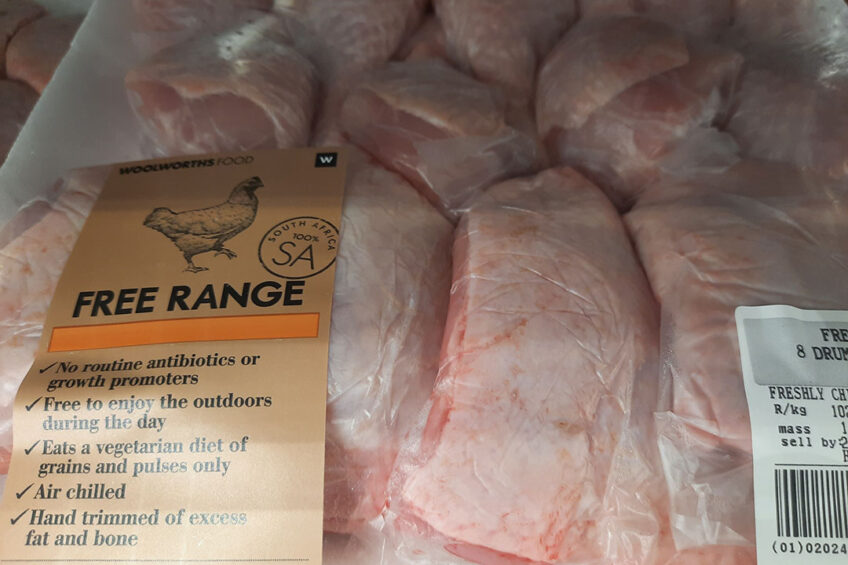
South Africa’s largest poultry group, Astral Foods, has issued a warning about the deteriorating water infrastructure and power outages that are affecting the country, including the poultry sector. The group says the challenges are putting the country at risk of becoming dependent on food imports, emphasising the importance of profitability in the food sector to ensure continuous food production for the nation.
Astral Foods reported a significant drop in its first-half profits with concerns extending to food security, social tension, and the potential for political instability and policy uncertainty in the lead-up to the 2024 elections, reports Ess-Feed.
Meanwhile, Business Report notes that Quantum Foods’ headline earnings a share dropped 82% to 2.9 cents in the 6 months to 31 March, and the dividend was passed after its poultry operations were hit by high feed costs, load shedding and low egg prices. Operating profit fell 57%. Trading conditions in the period were the most challenging conditions experienced by Quantum Foods since its listing in October 2014, according to the company’s directors.
Bird flu in South Africa’s Western Cape
South Africa’s news24 reported that a highly pathogenic avian influenza (HPAI) outbreak had recently (April) affected 5 commercial chicken farms in the Western Cape. And while the province’s Agriculture MEC Ivan Meyer said more than R60 million would go toward preventing and controlling animal diseases as part of the agriculture department’s 2023/24 budget, there are fears that the virus will spread and further impact food security.
Bird flu in Brazil
Poultry World recently reported on the confirmation of the detection of bird flu in Brazil, the largest exporter of chicken meat globally. A significant amount of chicken consumed in South Africa comes from Brazil. It is feared that if the avian flu crisis affects Brazil’s poultry industry and its exports, it could result in a shortage of chicken in South Africa and cause prices to soar. According to ESS-Feed, South Africa has sufficient poultry stock in cold storage for 4 months.
Statistics SA has highlighted significant food shortages and hunger experienced by households in South Africa with 2.1 million households (11.6%) experiencing hunger in 2021.
The situation would worsen with the rapid increase in food prices caused by supply chain disruptions. The lack of sufficient funds to purchase enough food and limited access to basic groceries were cited as major reasons for food insecurity.
Egg price hike
Although eggs remain one of the most affordable animal protein sources, they are becoming increasingly more expensive for farmers to produce. The South Africa Poultry Association reports that from 1 April 2023, the Eskom (the national power utility) tariff increase of 18.5% kicked in, adding more pressure to the egg producers. It is estimated that the variable costs to produce an egg, which includes electricity, fuels and feed, increased from previously circa 70% and is now closer to 80%.
These costs, coupled with erratic electricity supply causing daily electricity blackouts, have forced many egg producers and some pack stations to exit the industry, causing further product and price uncertainty.
 Beheer
Beheer


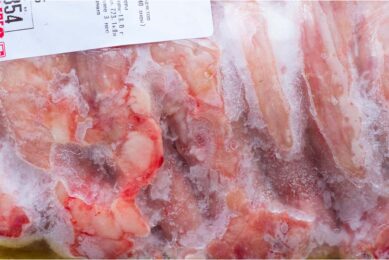
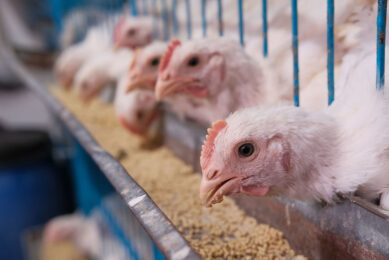
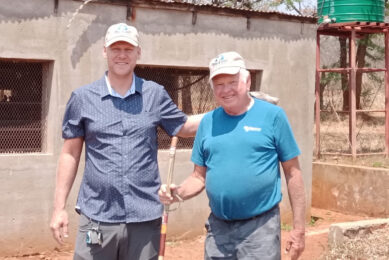
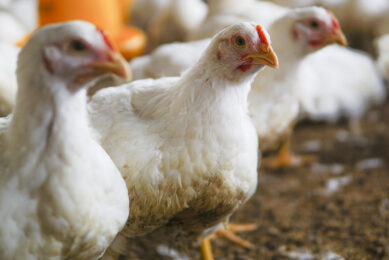





 WP Admin
WP Admin  Bewerk bericht
Bewerk bericht